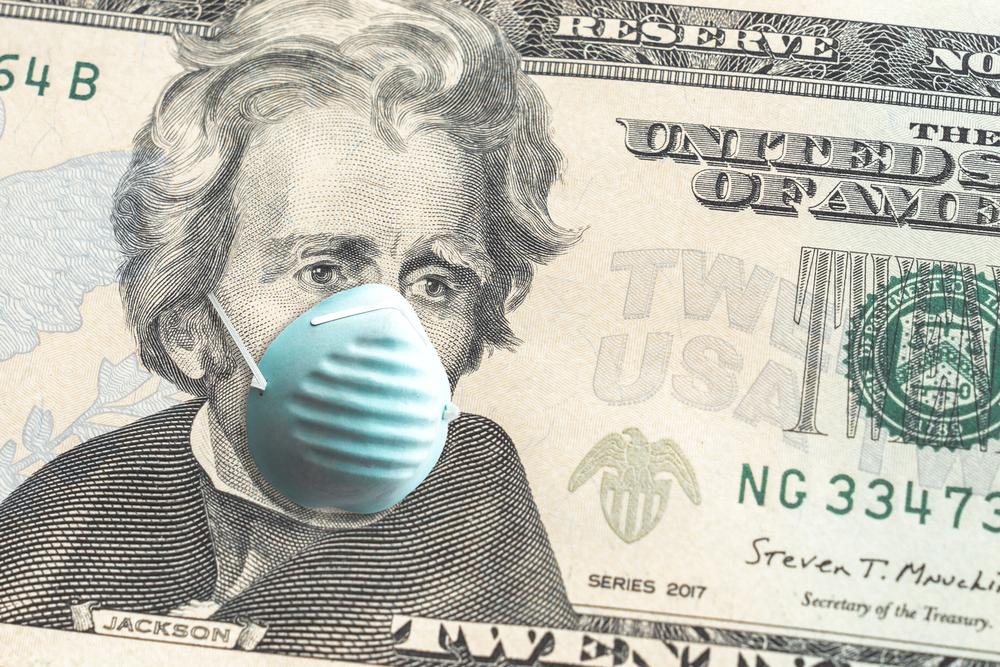On the website of the Center for Study of Partisanship and Ideology, a newly formed (2020) organization which I’ll make a point of following closely, there is a very good article by Philippe Lemoine (a Ph.D. candidate in philosophy at Cornell University). Lemoine is making the case against lockdowns. I am biased in favor of such a position, so I may be easily persuaded, but I think Lemoine argues it very well, in a tone which is sensible and takes into account the- understandable- worries of pro-lockdown people, and so may persuade others who have a different view. His reasoning is nuanced; he points out that policy decisions aren’t the only thing that affect the way the pandemic is progressing. He tries to do something which should be obvious but has so far been unthinkable: discuss costs and benefits of different non-pharmaceutical measures, instead of interpreting measures as a proxy of a broader political worldview.
There are many insights in this piece but let me just single out one:
if you look at the data without preconceived notions instead of picking the examples that suit you and ignoring all the others, you will notice 3 things:
• In places that locked down, incidence often began to fall before the lockdown was in place or immediately after, which given the reporting delay and the incubation period means that the lockdown can’t be responsible for the fall of incidence or at least that incidence would have fallen even in the absence of a lockdown.
• Conversely, it’s often the case that it takes several days or even weeks after the start of a lockdown for incidence to start falling, which means that locking down was not sufficient to push R below 1 and that other factors had to do the job.
• Finally, there are plenty of places that did not lockdown, but where the epidemic nevertheless receded long before the herd immunity threshold was reached even though incidence was increasing quasi-exponentially, meaning that even in the absence of a lockdown other factors can and often do cause incidence to fall long before saturation.
Read the whole thing. HT Don Boudreaux and CafeHayek.


READER COMMENTS
Thomas Hutcheson
Mar 11 2021 at 10:50am
I think it is persuasive on its own terms, but not very helpful for policy making. (On its own terms, I think it neglects the signal value of restrictions on social interactions to promote voluntary changes in behavior).
What it does not do is sketch out how jurisdictions should have used what is known (and earned over time) and data about local (not nation-wide or state-wide) conditions to design better-than-what was-done (not necessarily “more” or “less” stringent) restrictions of social interactions.
Alan Goldhammer
Mar 11 2021 at 12:33pm
This is a major exaggeration of the data. Western countries that did well such as Australia and New Zealand had particular geographies and Australia certainly imposed a severe lockdown in Melbourne. Israel had a very rigid lockdown. What everyone glosses over is that the pandemic remediation steps were principally done to relieve pressure on hospital systems.
HH
Mar 12 2021 at 1:50pm
Meh. The quoted section, at least, appears to be attacking a strawman position of “only the lockdowns reduced the spread and were responsible for all of the improvements.” I’m sure you can nutpick people online who take that position, but it’s not a reasonable one to argue against.
A more reasonable position acknowledges that changes in individual behavior contributed to some part of the improvement – probably a large part, the opentable data is pretty good evidence of that. After that, lockdowns had some effect, and the available evidence is that is probably had a very small effect on reducing R. What does that mean? I have no idea. Individual isolation already captured most of the low-hanging fruit, so I doubt there’s much an American lockdown (barely enforced by law, unlike in some other countries) could have gained on top of that. But it does seem to have done something, and considering how big the difference between an R0 of 1.3, 1.1, and 0.99 is, those marginal gains probably had huge positive effects in some areas. In others, they probably did more damage than they needed to, perhaps in some places enough to offset the massive gains of even tiny reductions in R0.
Thomas Hutcheson
Mar 14 2021 at 4:04pm
It’s hard. To some extent, “lockdowns” (maybe even because they were “excessive”) contributed to the change of behavior.
Pat
Mar 15 2021 at 11:09pm
It’s hard for me to take discussions of lockdowns seriously because no one outside here was locked down. I know it’s a shorthand but it’s not an accurate way to describe the restrictions that I think are mostly useless.
Procrustes
Mar 16 2021 at 8:35am
No one outside here was locked down? Where exactly is “here”?
As an antipodean, I can state that lockdown policy has been qualitatively and quantatively different from State to State and COVID -19 and economic outcomes have been different (within an envelope of all Australian outcomes being on average much lower than most of the rest of the world).
But the same goes for the US – contrast California with Florida.
The terms – and consequent policy levers – are not useless, they are even not not not useless.
Comments are closed.